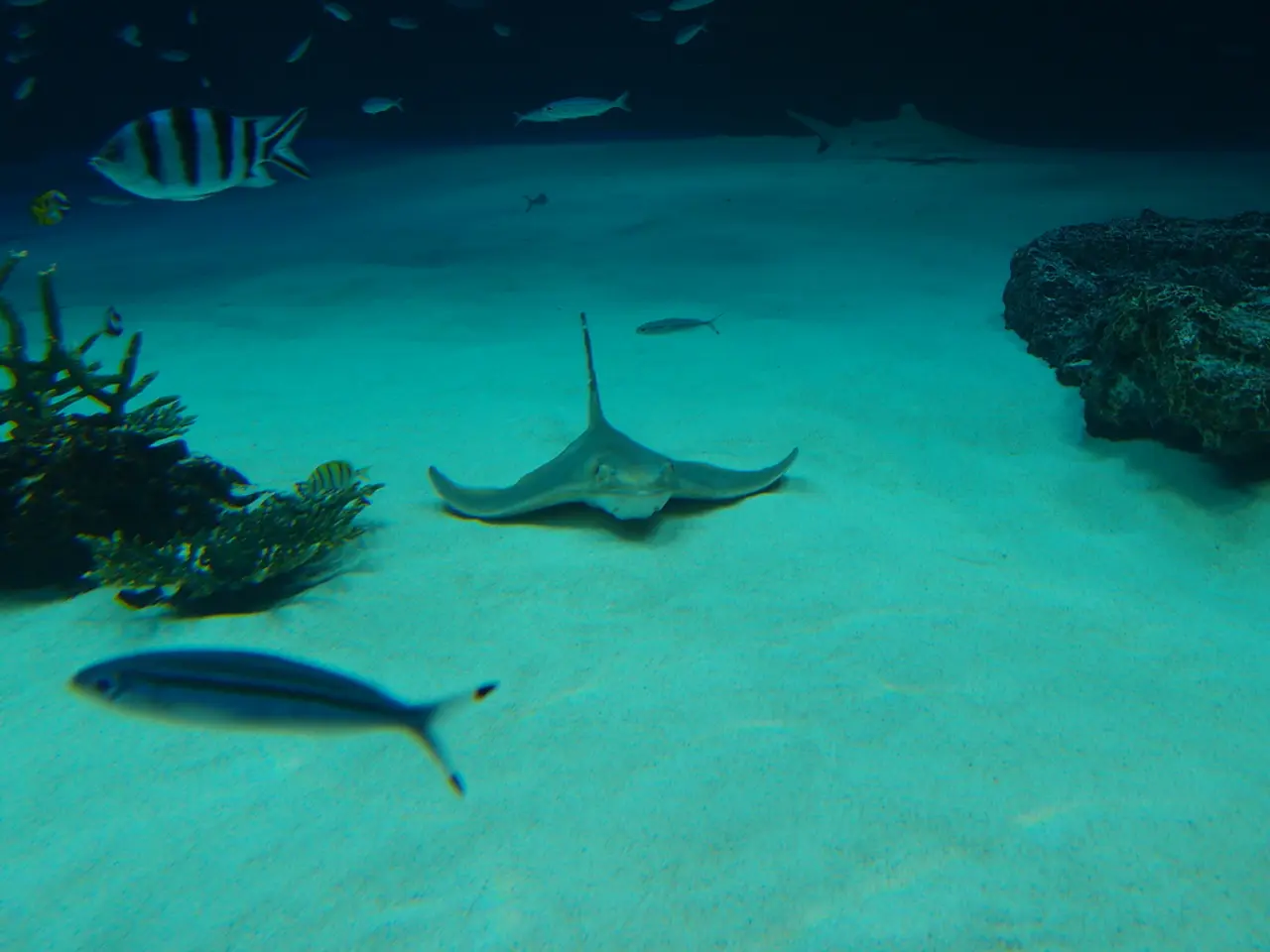RMIT's environmental science program adopts a natural approach
RMIT University's Biology Department, consisting of the Centres for Nanoscale BioPhotonics (CNPS) and Aquatic Ecosystems and Water Science (AQUEST), is not just delivering academic insights but building a portfolio of environmental solutions.
The university champions the question, "What's next?" and invites those interested in becoming part of the solution to connect with the Biology Department at RMIT.
AQUEST's research has uncovered a vast chemical footprint in waterways that exceeds the array of pollutants previously detected. Many high-risk compounds stem from everyday residential use. The team is developing ultra-sensitive detection techniques to identify and assess micropollutants in waterways.
Their research is driving significant change by informing initiatives like Melbourne Water's Healthy Waterways Strategy and addressing declines in aquatic species.
Meanwhile, the work of the CNPS at RMIT reflects a philosophy that nature is a powerful ally in solving challenges like climate change and ecosystem degradation. Their projects focus on nature-based solutions, such as floating wetlands, biodegradable scaffolds, and blue carbon plastic research.
Dr Mohammad Abu Noman and Dr Tanveer Adyel, RMIT researchers, are exploring the impact of plastic on coastal carbon sinks.
RMIT's innovative nature-based solutions for water and environmental science include floating wetlands designed to cut greenhouse gas emissions while providing habitat for native species. Research along the Loddon River in Victoria led by RMIT has demonstrated that restoring riparian wetlands by reintroducing water and native plants significantly improves soil retention and enhances the wetland’s capacity to support diverse flora and fauna, thereby aiding biodiversity recovery and ecosystem resilience.
These nature-based solutions are part of RMIT’s multidisciplinary efforts combining engineering, environmental science, and biotechnology to develop sustainable approaches for natural resource management under current and future environmental challenges. By restoring natural habitats and integrating engineered systems inspired by ecological functions, RMIT’s work contributes to climate adaptation and resilience while promoting biodiversity in affected ecosystems.
Responding to ecological and environmental challenges doesn't always mean inventing new machines; sometimes, it means learning from living systems and designing alongside them. For instance, understanding the interactions between plastic pollution, natural carbon, microbes, and sediments could redefine how we approach pollution and climate change.
Over half of Australians surveyed by AQUEST didn't realize common household products contain pesticides, and 51% of respondents disposed of excess pesticide-containing household chemicals with their domestic rubbish. RMIT's strength lies in gathering data and translating rigorous science into practical tools that governments, industry, and communities can adopt.
In summary, RMIT's innovative nature-based solutions for water and environmental science include floating wetlands to reduce emissions and wetland restoration to stabilize soils and regenerate native species. These efforts promote biodiversity recovery and climate change mitigation by leveraging ecosystem processes and improving the sustainability of natural resources.
- Environmental science at RMIT University, particularly the work of the Centres for Nanoscale BioPhotonics (CNPS) and Aquatic Ecosystems and Water Science (AQUEST), is not just about academic insights but also developing innovative solutions for climate change, pollution detection, and ecosystem recovery, such as floating wetlands and restoration of riparian wetlands.
- RMIT's educational and self-development programs provide opportunities for those interested in environmental science to contribute to addressing issues like plastic pollution, understanding the interactions between plastic pollution, natural carbon, microbes, and sediments, and adopting practical tools to limit pollutant disposal and improve the sustainability of natural resources.




